|
Invest
minutes a day learning
how to raise the guinea pig of your dreams and a best friend
for life! |
|
Need Help?
|
|
Call
1-800-372-3706
to
speak to a Veterinary Behavior Technician |
|
Paws To Speak!
Member
Main Menu
|
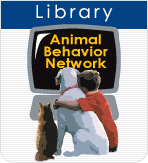 |
|
Help is at your
fingertips by library, email and
phone. |
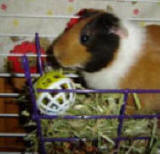
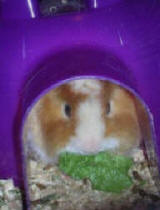
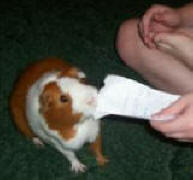
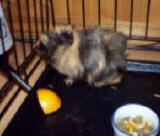
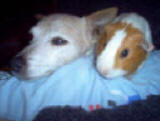
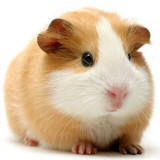
|
|
|
|
|
 Helping All Pets become Happy, Lifetime Learners. Helping All Pets become Happy, Lifetime Learners.
|
|
Copyright
©
2001-Present All Rights Reserved Dr. Rolan and Susan Tripp |
Animal Behavior Network & Affiliates
|
|